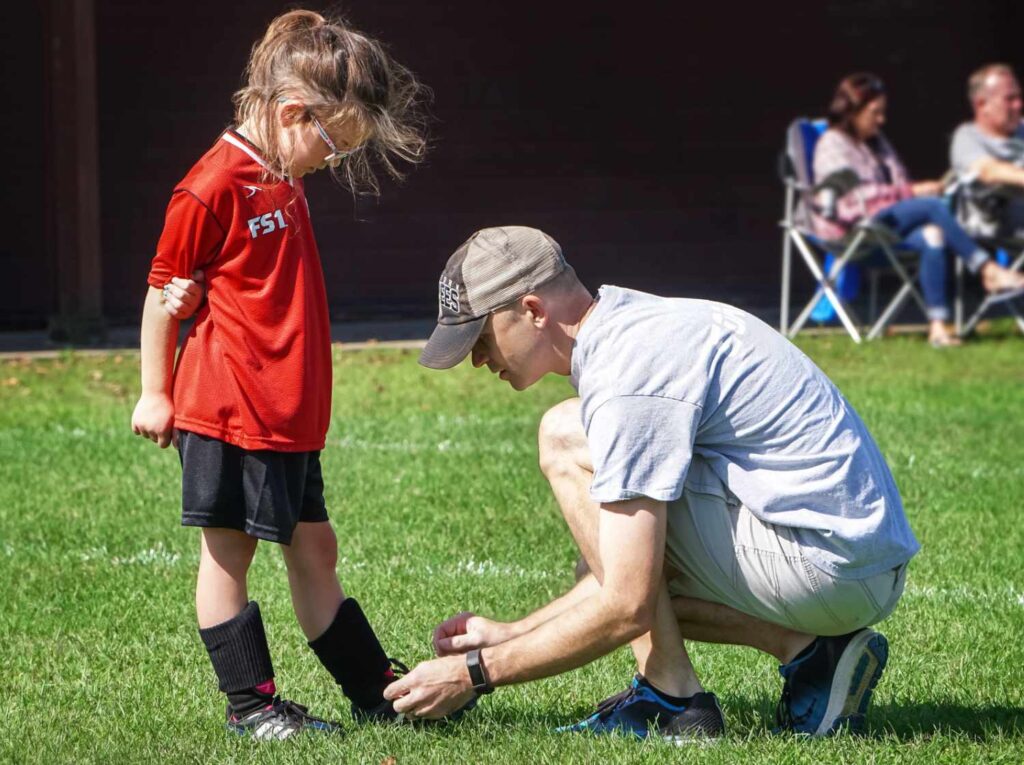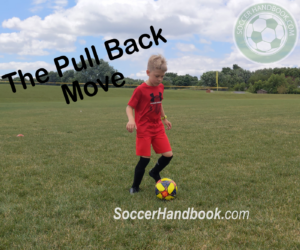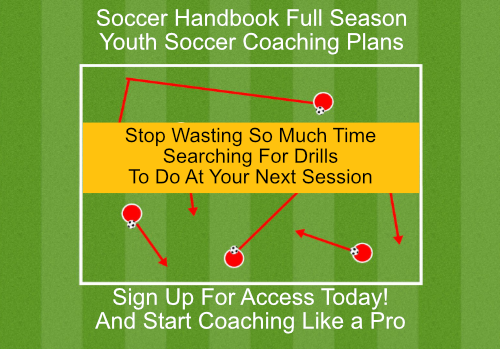Coaching Youth Soccer
People widely recognize soccer as the most popular sport in the world. Played all across the globe, there are levels for anyone and everyone. From the professional leagues to youth soccer grassroots and everything in between, soccer has a place for everyone.
At its most fundamental level is grassroots soccer. These are the recreational and local travel levels of soccer that are the start of many soccer players’ time in the sport.
Volunteer coaches are important for grassroots soccer. Without them, players wouldn’t have the chance to enjoy a sport beloved by people around the world. Most clubs at this level don’t have the resources to hire professional coaches.
Why Coach Soccer?
The best reason to coach soccer is to provide a positive experience for the kids. The best coaches at the grassroots level of soccer are the ones who make the experience enjoyable for all the players on their team. Fun and positivity are the emphasis, this is what will keep players wanting to play season after season.
At the end of the season, players and parents may not remember the score of each game or what they did every practice. They will, with complete certainty, remember if their coach created a positive environment and experience.

A parent may choose to coach so they have the opportunity to coach their child. The experience of coaching your kids can be a great bonding experience.
Do you have experience playing or coaching soccer? Great! You can impart your knowledge of the game to your players and the team.
Are you coaching youth soccer with no experience? No problem! You and your player can learn the game together. Even without soccer experience, you can be an AWESOME coach by creating an environment that is fun and positive!
Are You a Youth Soccer Coach Looking for a Comprehensive and Easy-to-Follow Training Program for Your Team? Check out our Full Season Training Plans!
Duties of a Youth Soccer Coach
Coaches have an important role in the lives of young soccer players. As mentioned in “Why coach?” creating a positive environment for players is the most impactful reason to coach. Players and parents are looking for a positive environment where they can have fun. When the emphasis focuses on wins and losses, players’ experience depends on the team’s performance in games.
When we emphasize fun, games’ results become a non-factor. Even in games where the score Line is lopsided, not in your team’s favor, coaches can create mini-goals for the team.
“Can we get 3 shots this half?!” or
“How many times can we pass the ball in a row?”.
We can tailor goals like this to ensure players still feel successful, regardless of the score Line.
As a coach, supporting the players and positive communication are key. If a player does something well in a game or practice, let them know! “That was a great pass!”.
If a player makes a mistake, you can coach them but place a positive spin on it. For example, if a player passes the ball without looking where to pass it, there are different ways to let them know.
“I like how you tried to pass. Next time, can you look where you want to pass first?”.
This builds the players up and provides them with something to work on.
“You need to look before passing!”
While the information is the same, a player can sense the frustration in the first example. For many players, this will dissuade them from even wanting to try again, and they’ll avoid the ball.
Create a Safe Environment
In addition to creating a positive environment, create a safe environment. When you arrive at practices and games, you need to perform field checks. Below is a list of safety checks:
- Goals weighted down: Do the goals have sandbags or anchors?
- Walk the field: Check the field for any dangerous objects. This could be holes in the ground, large rocks, debris, etc.
- Weather: Check the weather before each training session to determine if any special accommodations are needed.
- Hot day? Provide more frequent drink breaks.
- Cold day? Keep players moving a bit more to stay warm.
- Storms? Keep an eye out for lightning.
Conclusion
I played soccer at different levels, from grassroots to collegiate, and now I’m a youth soccer coach. Based on my experience, I don’t remember the scores of all the games I played. I do not remember all the exercises my coaches did.
What I remember most is how my coach made me feel. If you know you can create a positive and enjoyable environment for young athletes, then you can and will be a great coach!






